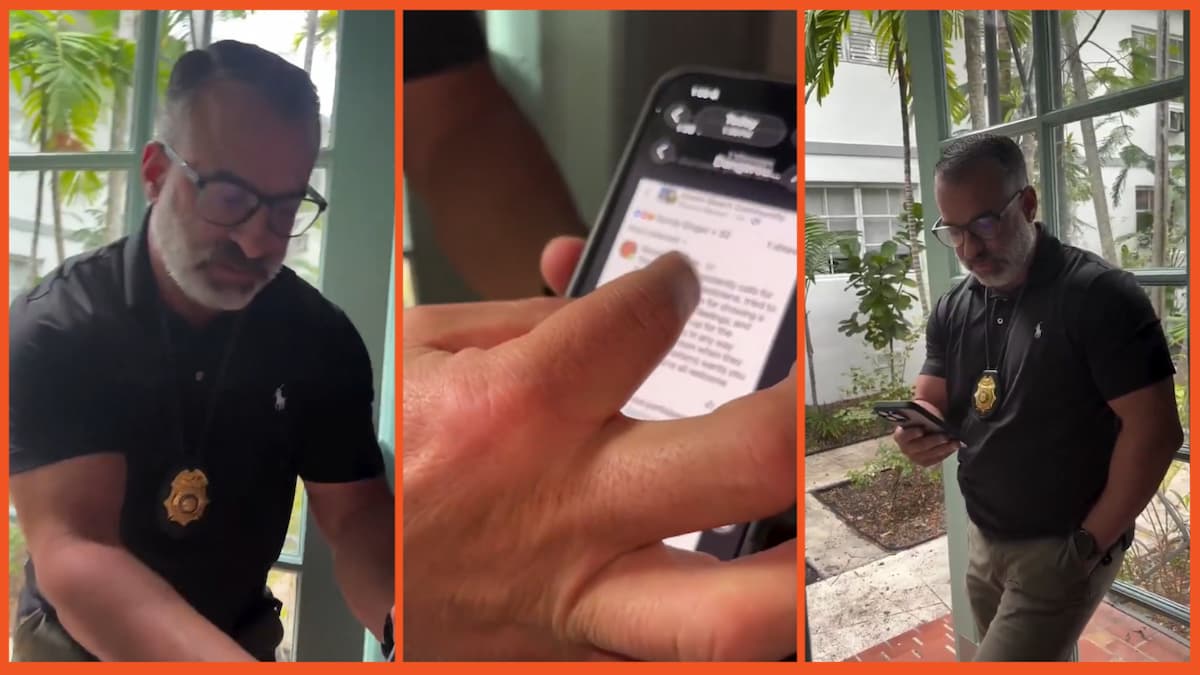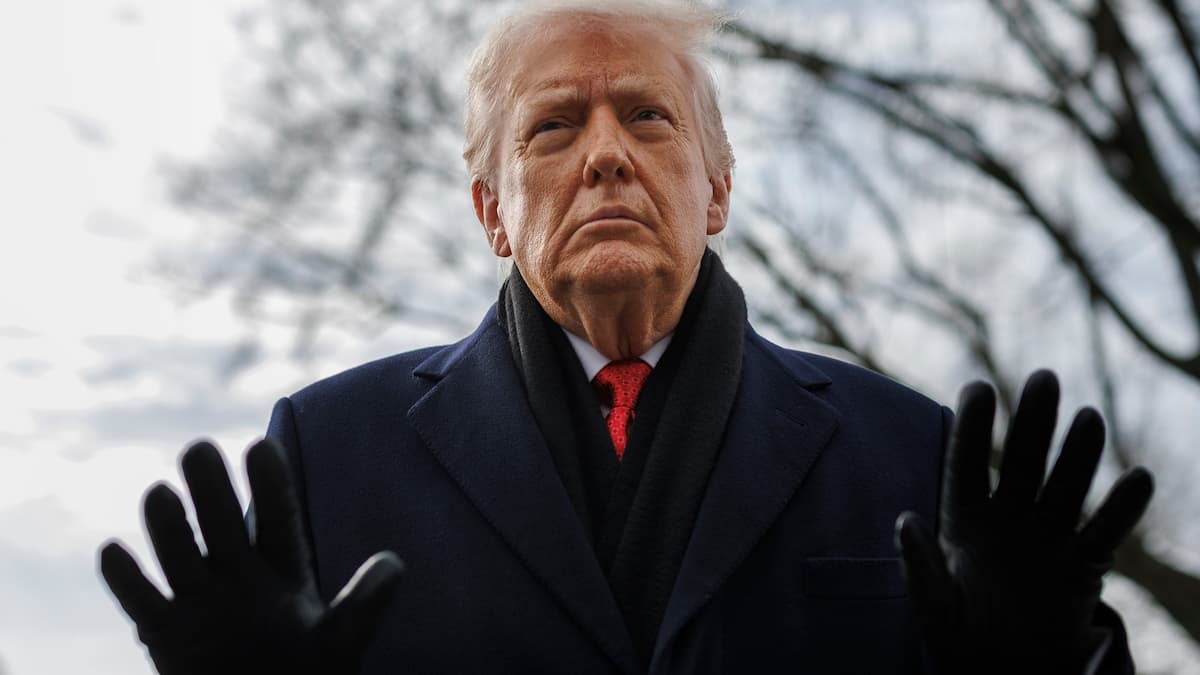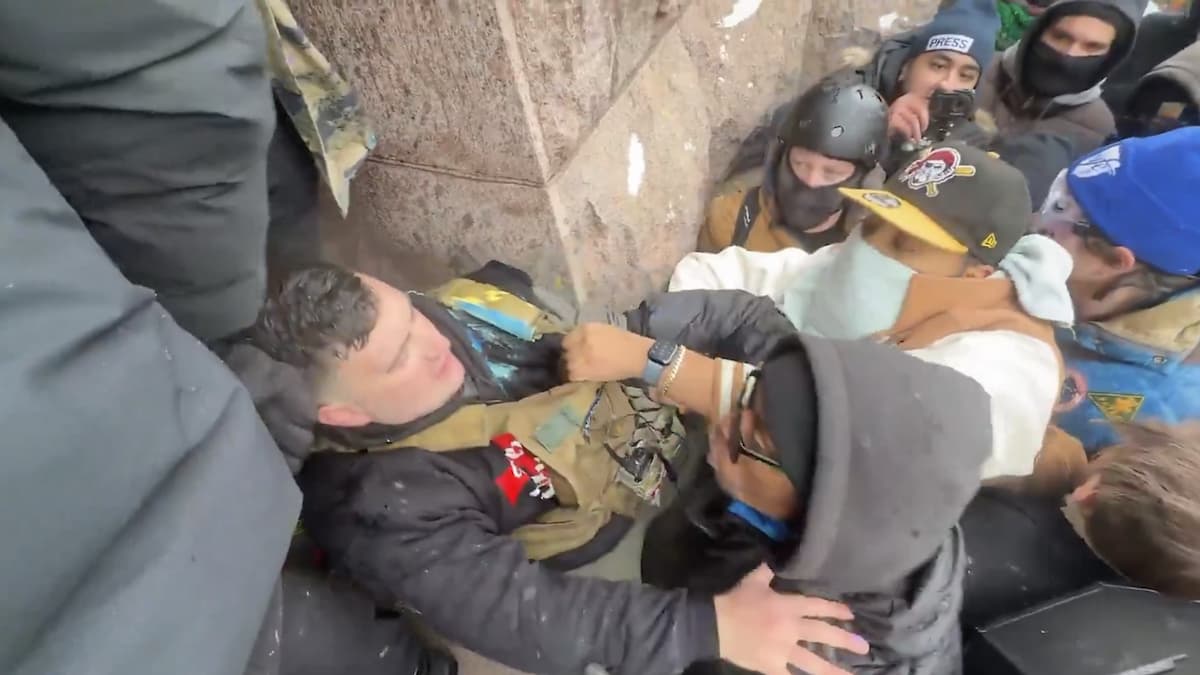When the Duffer Brothers announced a sequel season to their breakout Netflix hit Stranger Things, the internet jumped with both excitement and trepidation. Excitement that the story was not yet over, and trepidation that it might not be able to live up to the original. But thus it is with all sequels – will a return to the Upside-Down be worth it? Or will we wish that the Duffers had left well enough alone?
Stranger Things season 2 plunges us right back into the fray, opening just before Halloween in Hawkins, Indiana, the small town that played host to a portal into a horrible netherworld opened by shadowy government forces. The town is now back, more or less, to normal. It’s been a year since Will Byers (Noah Schnapp) vanished into the Upside-Down, and now he suffers from PTSD as a result of his experience.
Mike (Finn Wolfhard) is still trying to contact Eleven (Millie Bobby Brown) after her disappearance at the end of the last season, and Nancy and Steve (Natalia Dyer and Joe Keery) are doing a terrible job of handling their guilt over the loss of Barb. But things are brewing once again in the Upside-Down – Will cannot escape his flashbacks (or are they real?), there’s a new doctor messing around with eldritch forces, and something is afoot in the pumpkin patch. Spooky.
Stranger Things was initially lauded and then criticized for its staunch adherence to 80s nostalgia, playing with as well as relying on many of the tropes made so popular by Stephen King and Steven Spielberg. It’s bad news for those critics who wanted to see less 80s references, then, that season 2 is chock full of 80s music, 80s hairstyles, 80s films, and 80s video games (not to mention the additions of several 80s actors to the cast, including Sean Astin and Paul Reiser). But the nostalgia is well-integrated into the actual plot – though I could’ve done without the Devo – and a believable, integral part of the characters’ lives. Eleven in particular is a repository of all things pop culture, formed by the things she sees and hears without much external socialization, and so the nostalgia, while occasionally jarring, does make sense.
This also extends to Stranger Things’ cinematography, calling back to Spielberg’s films with its slightly rose-tinted visions of children riding bikes through twilit streets, and less rose-tinted terrors of creepy things lurking in the woods. This season is not quite as haunting as the last, which had such a strong central mystery to drive it, but the focus has shifted now to the experience of trauma, and the fear that danger is always just around the corner. The children have progressed into adolescence, and the show mines the confusion, the horror, and the strain as they edge toward adulthood. There’s a video game aesthetic popping up here, too – the boys are obsessed with the local arcade – that the show integrates, relatively flawlessly, into its narrative.
Unfortunately, season 2 has a similar problem with gender that its predecessor suffered from, relegating female characters to love interests, nurturers, or both – the major and sole exception being Eleven, who once again drives much of the show’s narrative and manages to avoid becoming a cliché. This season introduces Max (Sadie Sink), a California girl recently moved to Hawkins who becomes the object of adolescent attraction and rivalry for Dustin (Gaten Matarazzo) and Lucas (Caleb McLaughlin). The very idea that girls might be viewed as friends by adolescent boys, that boys and girls might interact in ways that are not solely influenced by hormones, seems to be totally anathema to the Duffer Brothers’ worldview. Nancy and Jonathan can’t have a normal conversation because Nancy is dating Steve, it seems, and none of the younger boys have even met a girl before.
Which is not to say that the female characters aren’t interesting in their own rights – Winona Ryder in particular reminds us what a good actress she’s always been, as Joyce attempts to navigate her own trauma following the near-loss of her son. But female lives are almost entirely structured around the boys (and men), their existences only important insofar as they relate to men. The Duffer Brothers seem to have difficulty conceiving of women and girls who are not objects in some fashion, although they have successfully developed the character of Nancy from the rather obnoxious teenager of the first iteration.

Despite this pitfall, Stranger Things season 2 has perhaps one of the best casts of any recent TV show, adult and child alike. The kids maintain their humor and their pathos, their friendships very real depictions of the confusion, and the fun, of adolescence. The adults, especially Dave Harbour and Winona Ryder, are excellent here – and the introductions of Astin and Reiser are welcome additions to an already strong cast. All handle the combination of horror and humor with aplomb, and they make the show a pleasure to watch.
Where the first season of Stranger Things was about the threats to childhood innocence, this one deals with the aftermath of horrific, and unbelievable, trauma. The kids all handle it differently, sometimes trying to ignore that anything has changed, while Will has to face the demons that haunt him every night and day. The adults are likewise still facing the upheaval in their lives – Joyce jumps every time a phone rings and obsesses over her son’s safety, Sheriff Hopper (Dave Harbour) attempts to support her despite dealing with his own fears, and even Barb’s parents cling to the hope that their daughter is still alive. The trauma of the events, and the effects that they had on both children and adults alike, become the driving forces of the show, darkening its palette and its themes without wholly sacrificing its comedy.
All in all, Stranger Things season 2 is ultimately more of the same, but still a very worthy sequel, which is good news for those of us (like me) who only hoped for the Duffer Brothers to manage to carry through the success of the original run with an affecting, and believable, continuation of the story.

















Published: Oct 27, 2017 03:50 pm